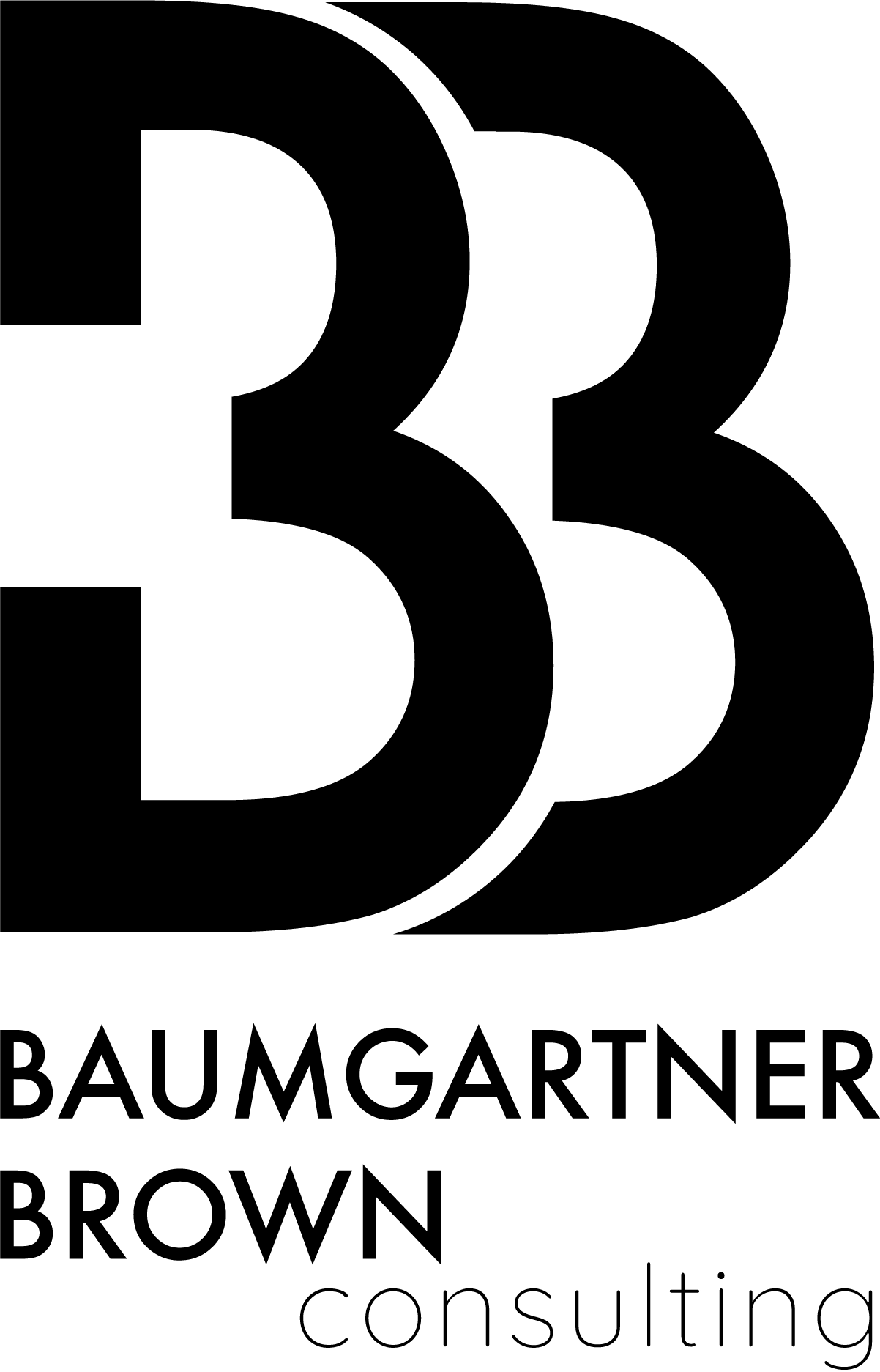The Bad Hire
"It's a bad hire."
Ugh. It's so devastating to invest time, effort, energy, intellect, and reasoning into choosing the right person for a position and to see quickly that, yeah, this is not going to work.
But the compounding mistake is to act like a bad hire is going to somehow correct itself. It doesn't. Seriously, it just doesn't.
So what steps should we take when we see that something broke down in our process and we've got a misfit between job and person?
1. Don't delay. Whatever your solution of choice might be in correcting the course, do not wait. If your organization has a probationary period (if not, why not?), remember that you've designed that period to give you time to discover a hiring mistake and correct it with the fewest complications. Don't let that period pass in denial and wishful thinking.
2. Clarify expectations on both sides. Did the employee understand the expectations of the position coming in? Did the interview process give a clear picture of the actual job and the department? Has anything materially changed since the time of hire and the current state of things? Is the employee getting what they need to do the job well? Everybody on the same page here? A really tell-tale question to ask an employee who isn't cutting it: "How do you think it's going?" If you're pulling your hair out wondering how you could have ever thought this would work and your employee thinks everything's going splendidly, well, that's a problem. But if they know it's not coming together well and have ideas about how to improve things, there might be hope.
3. Ask yourself why this particular hire might have missed the mark. If we have a decent process in place, when something goes wrong there's usually a reason. And in my experience, the reason is often that we're rushing. We've got a position that has to be filled quickly because everyone else is carrying too heavy a load with the vacancy. "Just get somebody in here!" That's when we start skimping on the steps we know are important - thorough questioning of past experiences, getting writing sample or a test project, fully interviewing (not just "checking") references and nonreferences (notably missing references from recent employment - we've got to check these out), giving ourselves time to think through all the information we've gathered and call out our own biases(positive and negative) and snap judgements that may have entered into the process. And we have to give the candidate time to consider all they've learned about us as well, even if they are pushing us to move forward.
4. Make a quick, clean cut. If you need to let someone go, do it. Do it now. Trying to adjust a position to fit what we now see are the employee's strengths and weaknesses may be doable if there's some compelling reason to keep them, but usually, we are way ahead to just move on. Your valued employees will thank you. They probably saw the mismatch before you did and are waiting for you to exhibit the leadership needed to make the call.
5. Apologize. To everyone. But especially to the mis-hired employee. Even if they lied in the interview. Even if they haven't done a damn thing since they entered the building except collect a check. Even if they treated everyone with arrogance. "I'm sorry this didn't work out for you and I realize this creates some hardship for you." The buck has to stop somewhere and if I'm the hiring manager, that's me. And also - "I'm sorry you (valued employees) have had a rough time since we made this hire and we're here to support you in another transition." I'm sorry that something in our hiring system didn't ferret out that this person was going to turn your department upside down. I'm sorry we missed the mark so badly. I'm sorry.
6. Stop beating yourself up and move forward. I hate bad hires almost more than anything. Wasted time. Wasted money. Wasted training resources. Wasted emotions all around. But the flogging has to stop. It happens. Learn what there is to learn and do better.
Outside help, from someone who can give you another perspective or see the gaps in your process can be really helpful, particularly if you're saying "Ugh. Bad hire." more often than you'd like. I'd love to compare success (and horror) stories with you. Onward . . .
